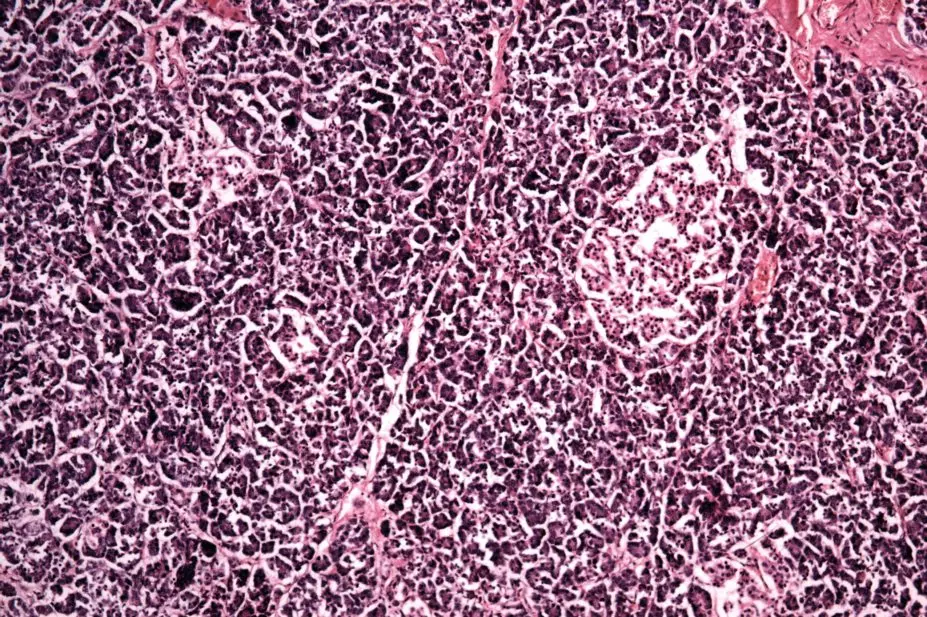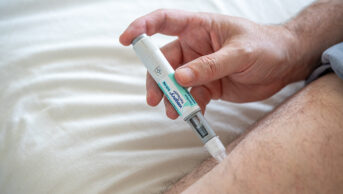
Shutterstock.com
Although insulin enables people with type 1 diabetes (T1D) to control their blood glucose, it does not prevent the autoimmune attack and degeneration of pancreatic islets that cause the disease.
In research published in the Journal of Clinical Investigation (online, 4 April 2017)[1]
, a team explored the effects of omega-3 polyunsaturated fatty acids (PUFAs) — which are found in fish oil and are known for their anti-inflammatory properties — in non-obese diabetic mice.
The researchers discovered that increasing levels of omega-3 PUFAs after the onset of diabetes, either through nutritional supplementation or via gene therapy, reduced markers of autoimmunity, normalised glucose and insulin levels, and resulted in a full recovery of pancreatic islet function.
The results raise the hope of being able to use omega-3 PUFAs to prevent or reverse T1D in clinical settings, and possibly in other autoimmune conditions, the researchers conclude.
References
[1] Bi X, Li F, Liu S et al. ω-3 polyunsaturated fatty acids ameliorate type 1 diabetes and autoimmunity. J Clin Invest 2017. doi: 10.1172/JCI87388


